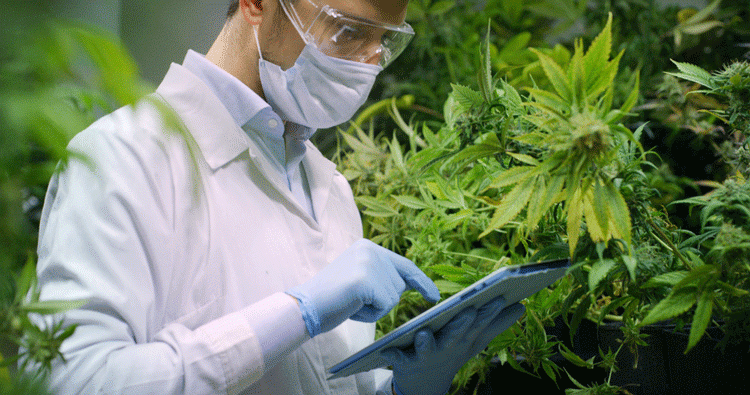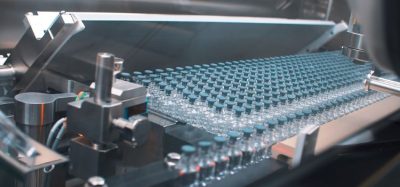CBD – the science behind purity
Posted: 24 September 2019 | Victoria Rees (European Pharmaceutical Review) | No comments yet
An event was held last week, exploring the manufacturing and potential of cannabinoids within the pharmaceutical industry.


The landscape of cannabinoids in the pharmaceutical industry was a hot topic of conversation at the ‘CBD – the science behind purity’ event last week at the Royal College of GPs in London.
Mark Tucker, CEO of TTS Pharma, led the presentation and spoke about the regulations surrounding cannabinoids in the UK in pharma as well as other sectors.
He highlighted the importance of legislation when manufacturing cannabinoids, explaining a Controlled Drugs license is required in order to harvest, process and extract any cannabinoid as a production company.


The ‘CBD – the science behind purity’ event.
Current regulations denote that hemp – a strain of the Cannabis sativa plant species that is grown specifically for the industrial uses of its derived products – can be grown within the UK, as long as the crop does not contain above 0.2 percent tetrahydrocannabidiol (THC). Tucker explained that sometimes, if harvested late, the THC content can rise to as high as 0.8 to 1 percent, resulting in the crop being held back until the THC level has deteriorated.
He also commented on the importance of clinicians’ and researchers’ access to pure compounds, such as cannabidiol (CBD) or tetrahydrocannabinolic acid (THCA), for legitimate use in clinical trials as they often do not have access to a pure isolate that they can test.
The industry experts also discussed recent R&D efforts relating to cannabinoids in pharma. Dr Robert Walton, a Scientific Advisor for TTS Pharma, remarked that the company are currently investigating the genetics of the hemp plant. Their research aims to determine which strains produce varying amounts of the different cannabinoids so that they can selectively grow strains that will breed true and produce large amounts of the “more interesting, non-psychoactive cannabinoids.”
Tucker expanded on this, saying that they are studying some of the less-frequently appearing cannabinoids which have “interesting pharmaceutical applications.” These usually appear in smaller quantities within the plant and are being developed into novel formulations before hopefully entering clinical trials, he said.
…a Controlled Drugs license is required in order to harvest, process and extract any cannabinoid”
Potential drug delivery systems for different cannabinoids were another point of discussion at the event. Dr Walton explained that this is to make them “more easily absorbed.” Tucker added that the pharmaceutical delivery systems being investigated are transdermal, inhaler and medicinal chewing gum. “The bio-availability of these three delivery formats is about 30 to 40 percent higher than a capsule or a tablet, so the molecule is metabolised more effectively,” he said.
For more information on cannabinoids in pharma, read our latest articles which discuss the current state of the ingredient in the market, the challenges the industry faces and the prospects there are for the future.
Related topics
Biopharmaceuticals, Cannabinoids, Drug Manufacturing, Formulation, QA/QC, Regulation & Legislation, Research & Development (R&D)









